By Rabbi Yair Hoffman for 5tjt.com
Printed in honor of the Wedding of the author’s son, Yehuda Leib Hoffman to Rachel Perlstein of Monsey
Ruby wished to purchase a property from Simon. The payment involved X amount of cash and Y amount of funds to be transferred via a cashier’s check at the time of the legal transfer of the property. But when the transaction day arrives, Simon denies ever receiving any money from Ruby.
Simon’s denial of the original payment amounts to out and out theft. Someone suggests to Ruby that he should create false paperwork, a forged instrument or document, that shows Simon received funds from Ruby. Is he permitted to do so in order to prevent Simon’s theft?
It is this author’s view that both the short answer and the long answer is a definitive, “No.”
DIGRESSION
But first, a digression into the background behind the Bar Mitzvah pshetl of the author’s son, Yehuda Leib, who is still in sheva brachos.
The bicycle of YL’s younger brother was stolen a few weeks earlier. As he was walking home with another brother, YL noticed the stolen bicycle in the possession of two young men. He informed them that the bicycle in their possession actually belonged to his brother and that they must give it back to him. The two young men denied it and said that they were not giving him the bicycle.
YL then told his brother, “Go get Abba – the police officer.” He then turned to the two young men and remarked, “You guys are dead. My father is a police officer and when he comes and finds out that you have his son’s stolen bicycle – you are going to get in so much trouble. I do not envy the situation that you guys are going to be in.”
When YL came into the house, he explained what had transpired and how he had retrieved the stolen bicycle. I responded that we were enormously proud of his hashavas aveidah and his looking out for his parent’s money, but not happy about the violation of midvar sheker tirchak in claiming that his father was a police officer.
Yehuda Leib responded with a Kal vaChomer from a Gemorah in Bava Kamma 27b:
Ben Bag Bag says: Do not enter another person’s courtyard in secret in order to take what is rightfully yours without permission – for you will appear to him as a thief trying to steal his property. Rather, break his teeth, (take it by force- Rashi) and say to him, “I am taking what is mine.”
“If you can beat him up, then certainly you can lie to him,” argued my son.
I responded with other Marei Mekomos that demonstrated that perhaps sheker is different. There was an Orach Chaim, a Reb Elchonon (but in a Bais Din) and a topic about a higher level called Dover Emes bilvavo. We decided that the topic under discussion would make a wonderful Bar Mitzvah pshetl and that we should explore this topic throughout Shas until his Bar Mitzvah.
BACK TO THE USE OF FALSE EVIDENCE
So can Ruby use a forgery to stop Simon’s theft?
The answer to this question is found in the writings of Rav Elchonon Wasserman zt”l HY”D (1875-1941) in his Kovetz Shiurim on Bava Basra #187. Rav Wasserman cites a responsa of the Rashba (Vol. III #81) that indicates clearly that it is forbidden, as well as a Tosfos in Bava Metziah 13b “Ha.” Both of these sources indicate that if we were to allow for such falsehoods, no one would ever be allowed to live because of the constant use of lies and forgeries!
On the other hand, there is a Tosfos in Gittin 27a (also divrei hamaschil – “Ha”) which may indicate that one may return a chalitzah document to a woman – in a case when one knows with certainty that she did perform a chalitzah – since it would only be used as proof. Rav Yitzchok Zilberstein shlita cites a conversation with Rav Chaim Shmulevitz zt”l where he quoted the Gitten Tosfos as a counter to the Bava Metziah Tosfos. See Chashukei Chemed Bava Kamma 27b, where Rav Zilberstein explains how the Chalitzah case may be different.
At his Bar Mitzvah, my son cited a Gemorah in Yuma 83a about a thieving inn-keeper named Kidor and his wife. Three Rabbanim, Tannaim, checked in at an inn on a Friday and they left their wallets over Shabbos with the inn-keeper. When they wished to leave after Shabbos the innkeeper said, “Wallets? What wallets? Lehadam! You three never gave me any wallets.”
Rav Meir had previously warned them not to trust the inn-keeper on account of his name. It seems Rav Meir was right.
They didn’t know what to do. The Maharsha interprets the next section of the Gemorah in the following way. They decided to bring him to a bar and give him a few drinks. Perhaps the alcohol going in will allow some clue to come out. [The Yalkut Shimoni in Parshas Haazinu has the girsa with the wine.]
At the bar, they noticed that the inn-keeper had some lentils on his mustache. They thought, “That’s it! We will tell Kidor’s wife that he told her to give it back to us, and that as a code the two of them had lentils for lunch.”
It would seem that this Gemorah is clear proof that one is allowed to lie to get one’s money back. But there is a significant distinction between a false instrument in a Beis Din and lying.
THE OHR HACHAIM
The Ohr HaChaim on Shmos 3:18 asks how it was permitted for the Bnei Yisroel to utilize a ruse to find out about the Egyptian gold and silver vessels and then to later ask them for it?
The Ohr HaChaim says that this is not forbidden to get back your own money from someone that took it from you and he quotes the Gemorah in Yuma. But again, there is a significant distinction between a false instrument in a Beis Din and lying in a non-court situation.
But it is interesting because the Ohr HaChaim uses the following language: “Umah shelefanainu haInyan hoo yoser nakee.. Our case with the Egyptians is cleaner, it is better. There is no lying at all.”
כי דקדקתי בכל הדברים הנאמרים בענין ואין בהם דבר שקר כי לא הזכירו בלשונם החזרה כלל
BACK TO REB ELCHONON
Rav Elchonon Wasserman’s Torah has brightened the world of the Yeshivos since they were first said and published. His son, Reb Simcha Wasserman zt”l, was the one who published his father’s writings, and it would be wrong not to mention this remarkable Gadol b’Torah and his influence on the cities of both Los Angeles and Kew Gardens.
Rav Simcha Wasserman zt”l (1899-1992) was the son of Rav Elchonon Wasserman zt”l and was told to stay in the United States to improve the level of Chinuch in America. He established Yeshiva Ohr Elchonon in Los Angeles and helped create a Torah infrastructure on the west coast.
Below are some of his thoughts and sayings – the first one being appropriate for the topic under discussion as well.
- There are times, such as Mitzvah HaBa B’aveirah, where even though a stolen item may be technically permitted – one should still be concerned about our children learning from us – and we should rather distance ourselves as much as possible from even an appearance of theft [see Sukkah 30a]. (Ben Shmonim LaGvurah p.64)
2. There is no greater zchus for a neshama than to have Torah learning going on in a Yeshiva on his account (heard from Rav Simcha zt”l by author).
3. There is a mathematical principle called the Law of Noncontradiction where something is proven by demonstrating that the alternative is an absurdity. The same is true regarding Emunah Bashem – we can indirectly prove that anything else is an absurdity. (RSS 113)
4. Generally speaking, the Chofetz Chaim was entirely unaware of what kalos rosh even was – yet when people made laitzanus of Avodah zara, his mouth would fill with laughter (Hishbati Eschem p. 142).
5. Hashem created mankind in a manner that one person cannot provide for all his needs by himself. Each person both consumes and produces. A person is obligated to prepare himself a means of producing. If we only consume and not produce – we are parasites. (RSS p.79)
6. The Gemorah in Yuma 19b says, “v’dibarta bam – and not in Dvarim b’tailim.” My father used to say, “Surely there is important information out there that is of tremendous import and benefit to mankind. Why are they called “Dvarim B’teilim?” The answer is that just like the current science has entirely dismissed much of what Aristotle had postulated in science – so too will much of the current science also be dismissed. They are thus considered “Dvarim B’teilim when contrasted to the Torah which is truly Eternal (Rav Shachna Zohn zt”l, Kuntrus Kavod Torah p. 3 who heard it from Rav Simcha zt”l)
7. When learning Torah, if we are not aware that this is the very same Torah that was given to us at Har Sinai – then we have taken the life out of it. (RSS p.60).
8. Hashem wanted to ensure that the makos were effective and so He made sure that the yidden were unaffected by the vast majority of the makos. Yet regarding Makas choshaich millions of Yidden died. Pharoah was very smart. Why didn’t makos choishaich lessen the effect of the Makah? The answer is that Pharoah did not actually see it and thus it did not lessen the effect. (Told to Rav Yitzchok Summers of Anshei Emes of Los Angeles, CA)
9. Torah provides us with inspiration. Wherever there is learning of Torah, there is inspiration. There is light. There is Jewish and Torah continuity (RSS p. 55)
10. Rav Simcha once met someone in Kiruv on a college campus – wearing a Star Wars shirt and cap. He told him, “The minhag on a ship is that the captain throws a line to someone drowning. He does not jump in the water himself.” (Heard from Rabbi Aryeh Eliezer Striks who was present)
11. Hashem gave women a very strong sense of intuition or Binah in order that mothers will be able to communicate with their infants and to feel and understand his or her needs. (RSS p. 71)
The author can be reached at [email protected]




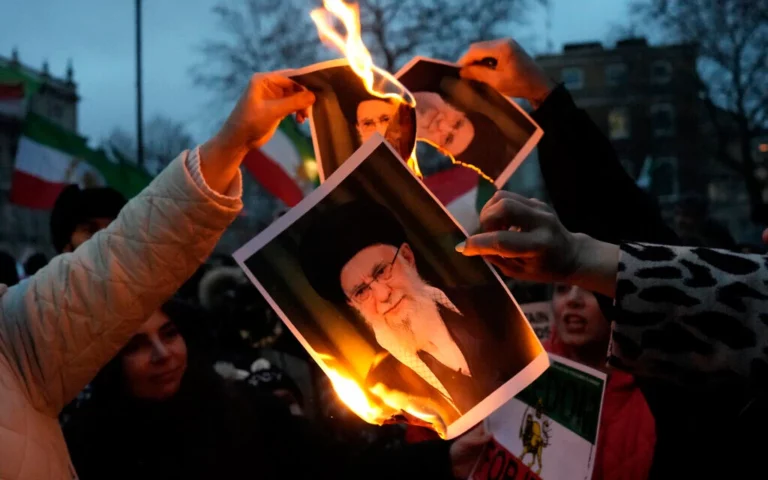


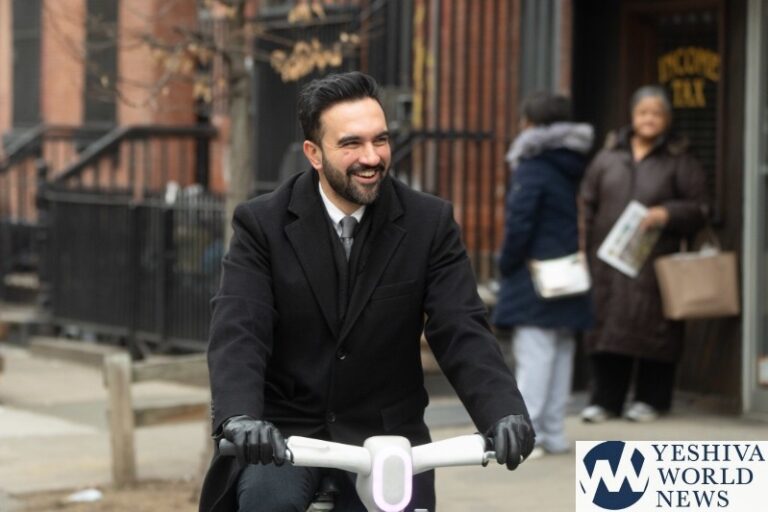
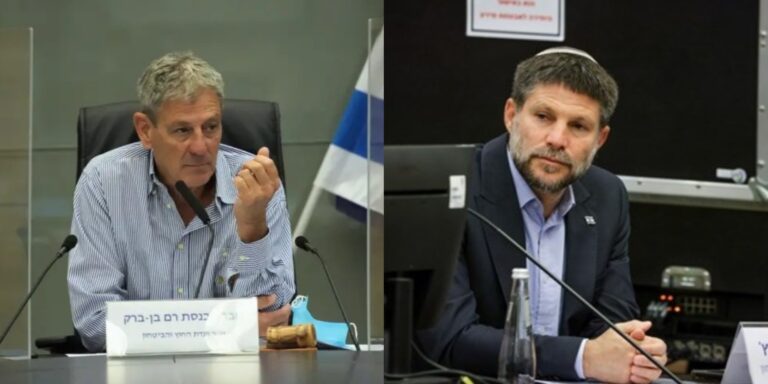
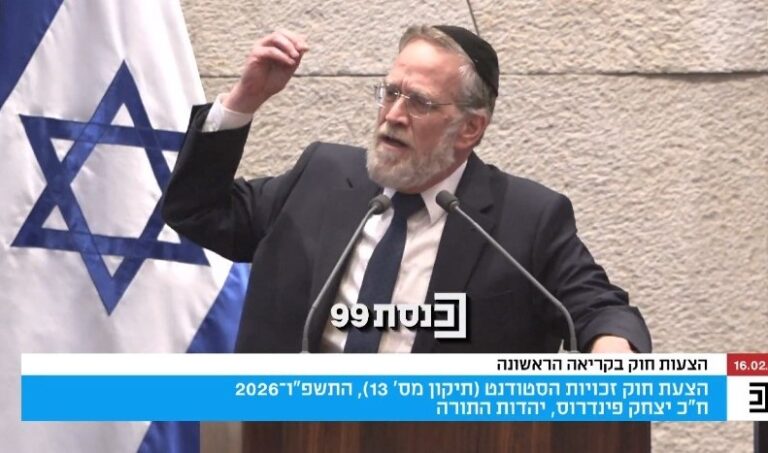
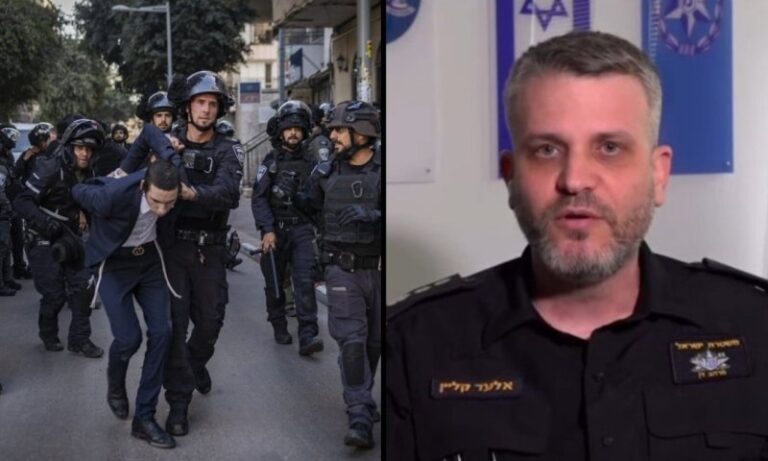
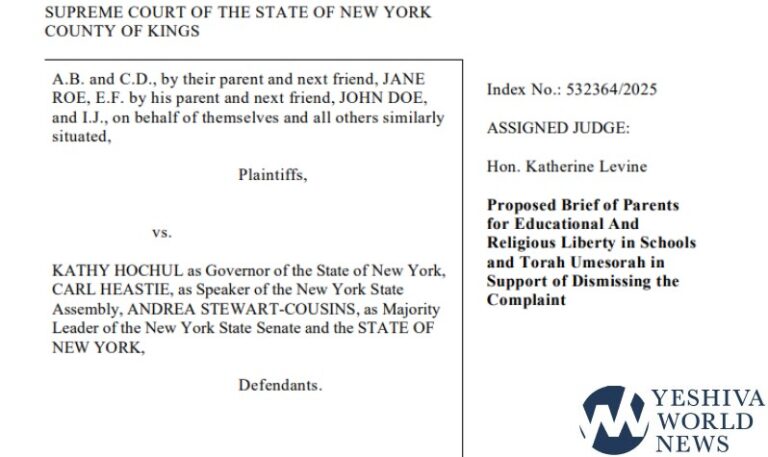
One Response
“Rav Simcha Wasserman zt”l (1899-1992) was the son of Rav Elchonon Wasserman zt”l and was told to stay in the United States to improve the level of Chinuch in America. He established Yeshiva Ohr Elchonon in Los Angeles…”
That yeshiva still continues, retaining its name with a ho’safa, it is Yeshiva Ohr Elchonon Chabad.
“There is no greater zchus for a neshama than to have Torah learning going on in a Yeshiva on his account” – certainly the Torah learned in the yeshiva that carries his name, is a lichtige Ohr in Gan Eden for Reb Elchonon, ZT”L.